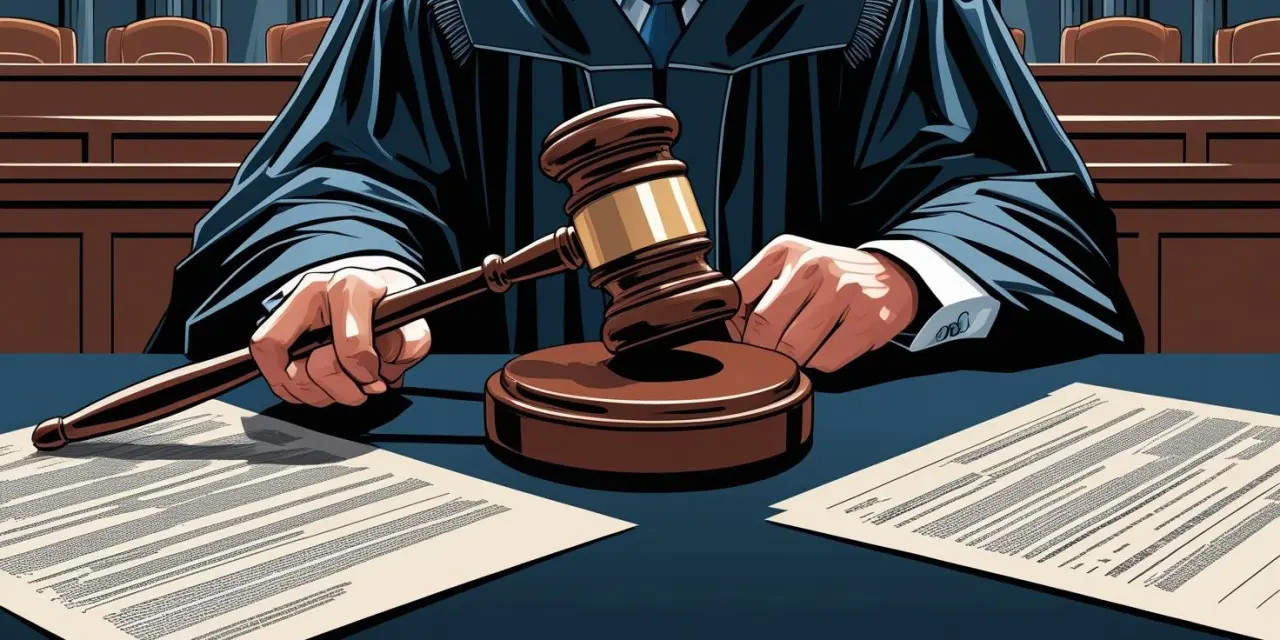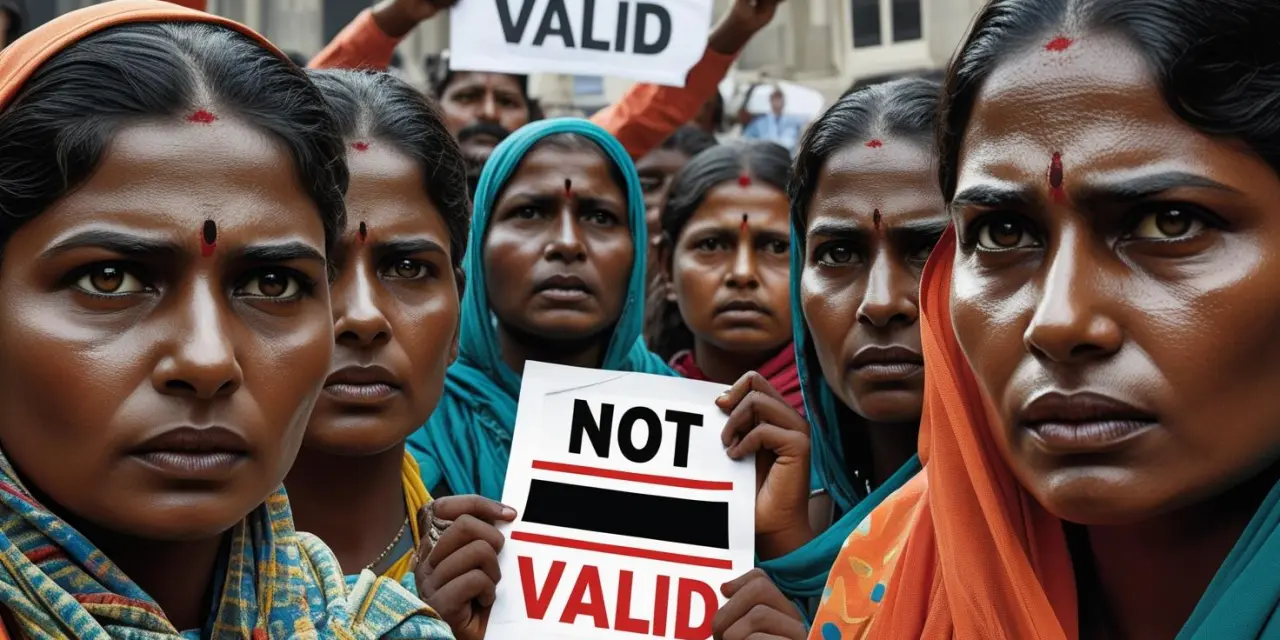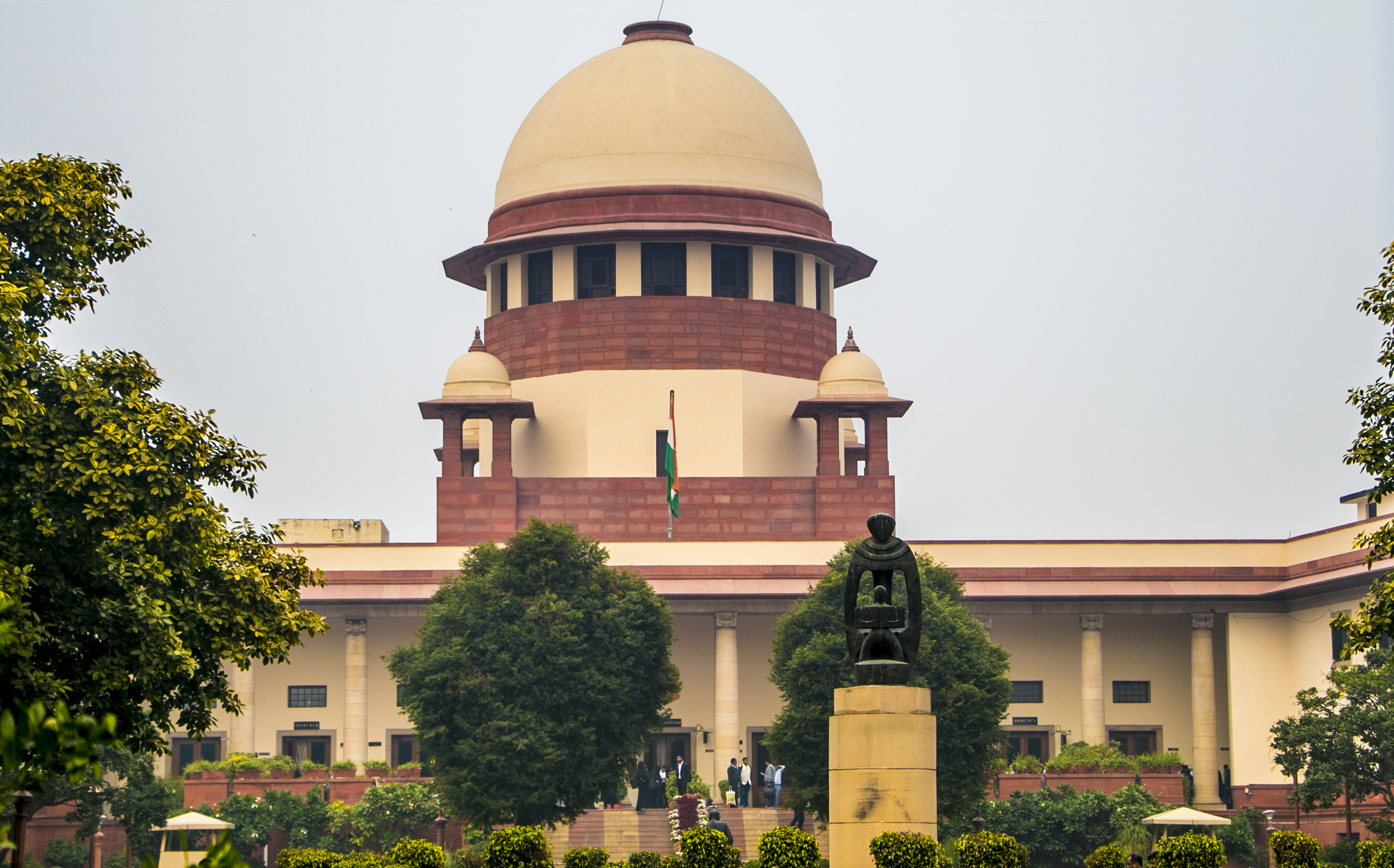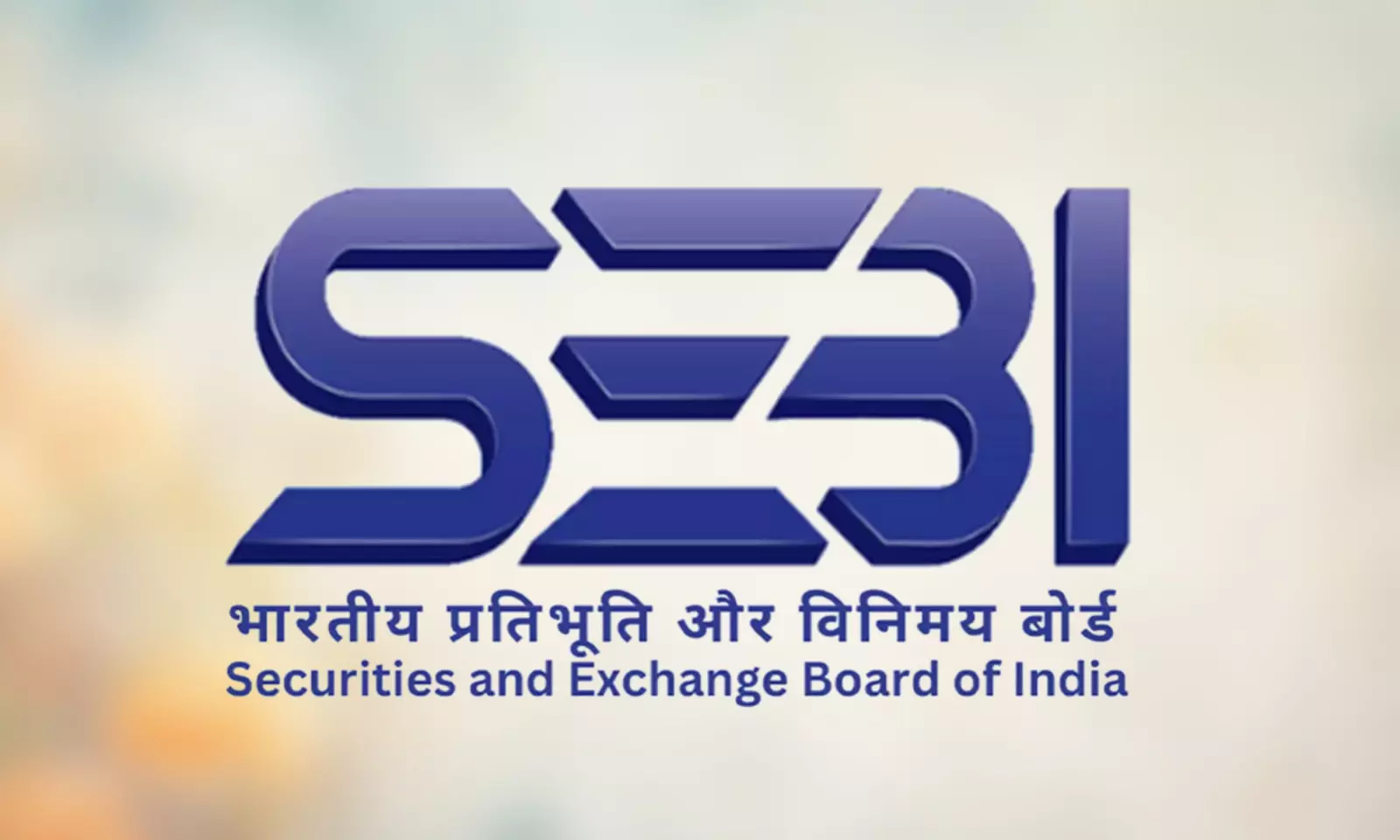Experts View: Banking laws and willful defaulters: Striking a fair balance

In the high-stakes world of finance, the term "willful defaulter" carries a heavy weight, signifying not just a failure to repay a loan, but a deliberate act of deceit. As India continues to strengthen its economic foundations, the challenge of tackling these defaulters without penalizing genuine business failures has become a critical balancing act. Experts from the legal and financial sectors are in a continuous dialogue, dissecting banking laws to forge a system that is both just and effective.
This debate hinges on a central question: How do we create a robust deterrent against those who misuse the banking system while ensuring that the principles of natural justice are upheld for all borrowers?
Defining the Line: Who is a Willful Defaulter?
Understanding the official definition is key to the debate. According to the Reserve Bank of India (RBI), a willful default occurs when a borrower, despite having the capacity to repay, chooses not to. The definition also extends to cases where:
- Funds are diverted: The loan amount is used for purposes other than what was stated in the loan agreement.
- Assets are siphoned off: The borrower sells or disposes of the assets financed by the bank without the bank's knowledge or consent.
- Misrepresentation: The borrower deliberately provides false information or documentation to secure the loan.
This definition is crucial as it separates those who won't pay from those who can't pay due to legitimate business downturns.
The Legal Arsenal: Punitive Measures and Recovery
To combat this menace, regulators have armed banks and financial institutions with a formidable set of tools. The consequences for being declared a willful defaulter are severe:
- Credit Blockade: The entity and its promoters are barred from accessing any further credit from any bank, financial institution, or NBFC in the country.
- Legal Action: Banks can initiate legal proceedings under the Securitisation and Reconstruction of Financial Assets and Enforcement of Security Interest (SARFAESI) Act to seize assets. Criminal proceedings can also be launched.
- Insolvency Proceedings: Lenders can trigger the Insolvency and Bankruptcy Code (IBC) to take control of the company and push for its resolution or liquidation.
Experts argue that these strict measures are essential. They act as a powerful deterrent, protecting depositor money (which is public money) and maintaining the discipline of the credit system. Without a credible threat of severe consequences, the banking system would be vulnerable to systemic abuse.
## The Other Side of the Coin: Natural Justice and Business Failure
However, a growing chorus of legal experts and industry voices has raised concerns about the implementation of these laws. The primary argument is the need to distinguish between deliberate fraud and genuine business failure, a line that can sometimes be blurred in a dynamic economy.
The core of this counterview rests on the principles of natural justice. Critics argue that the process of declaring a borrower a willful defaulter cannot be an arbitrary, one-sided administrative decision by a bank. The borrower must have the right to be heard and present their case before such a damaging classification is made.
This viewpoint was significantly upheld by the Supreme Court of India in a landmark judgment. The Court ruled that banks must furnish the borrower with all evidence and reports against them and provide a fair opportunity for representation before a review committee makes the final decision.
Experts view this judicial intervention as a vital course correction. It ensures that:
- Fairness Prevails: The
audi alteram partemprinciple (hear the other side) is respected, preventing the process from becoming a tool for undue harassment. - Entrepreneurship is Not Stifled: The fear of being wrongly classified for a genuine business failure can deter risk-taking and innovation. A fair process mitigates this fear.
- Accountability is Two-Way: It forces banks to conduct thorough and objective investigations rather than making hasty decisions.
Striking the Right Balance
The consensus among experts is that the path forward lies not in diluting the laws against willful defaulters but in refining their application. The goal is to create a system that is swift and stringent against fraud, yet transparent and fair in its procedure.
The legal framework must be robust enough to ensure that willful defaulters cannot game the system, but it must also be imbued with checks and balances that protect the rights of all individuals. For India's economy to thrive, its banking laws must punish the fraudulent without penalizing failure, striking that delicate but essential balance between justice and order.



